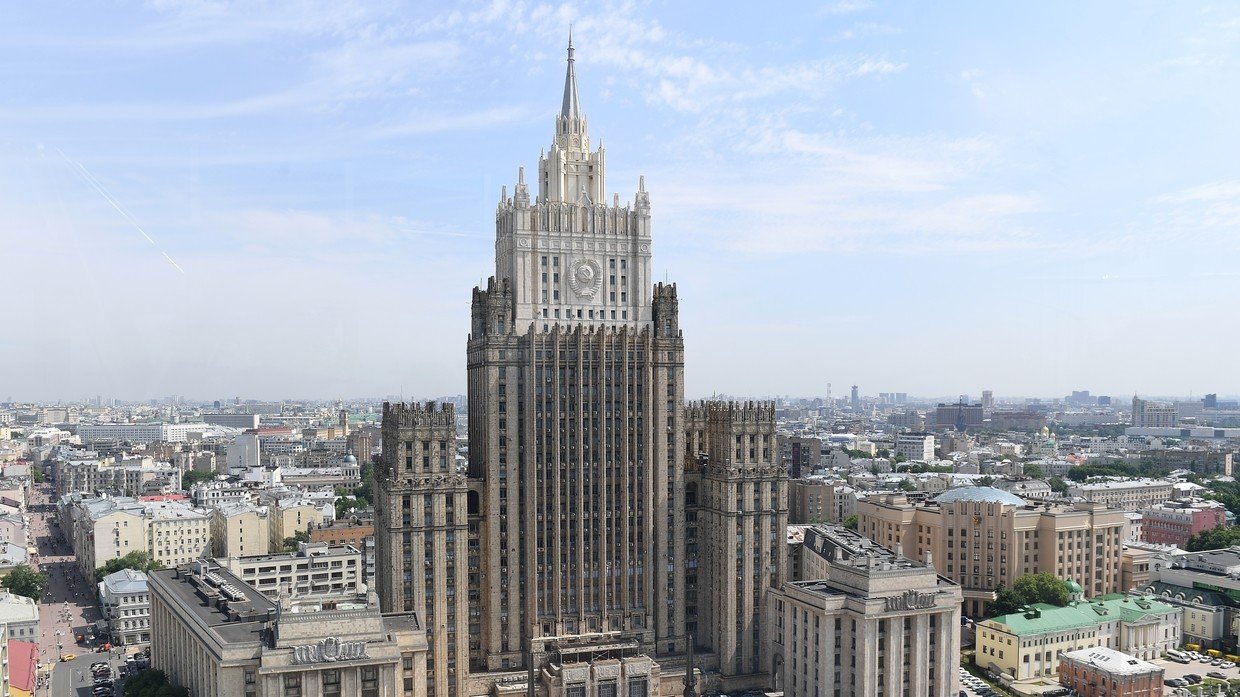Moscow says it's witnessing yet another instance of Western politicians preferring “loud public statements” instead of evidence and facts when it comes to the alleged poisoning of Russian opposition figure Alexey Navalny.
The Russian Ministry of Foreign affairs has published a statement in which it lashed out at Berlin after the German government claimed that Navalny was “poisoned” by a “Novichok class nerve agent.” Since the end of August, when the anti-corruption campaigner was sent to Germany from Russia for treatment, Berlin has been neglecting bilateral cooperation mechanisms that would allow Russia to investigate the situation, Moscow says.
It seems that somebody restricts [the] German Justice Ministry, as well as [German] medical workers, from speaking to their Russian colleagues.
The ministry recalled that Russia's Prosecutor General's Office sent a request to the German Justice Ministry asking to assist with the investigation. It was also willing to share all the results of tests that were carried out on Navalny during his emergency hospitalization immediately after he felt unwell on a flight from Siberia to Moscow.
Also on rt.com Developers of ‘Novichok’ say Navalny's symptoms aren't consistent with poisoning by their deadly creation, reject German claimsDespite the fact that Russian doctors, who managed to save his life in those crucial hours, were also willing to share all their information with their German colleagues, both of the requests have remained unanswered, Moscow says.
Also on rt.com Germany's Merkel claims someone wanted to 'silence' Navalny, but spokesman says 'poisoning' revelation won't affect Nord Stream 2If the goal is to justify certain pre-planned ‘response measures’ announced earlier, it becomes clear why mouthpiece diplomacy, substitution of proper cooperation with an information campaign, public addresses to EU and NATO and mentioning of the OPCW are being used.
On August 20, a plane carrying Navalny made an emergency landing in Omsk after the opposition figure suddenly felt unwell on a flight from Siberia to Moscow. Navalny was taken to hospital in a coma and was put on a ventilator. On August 22, he was flown to Germany for treatment. German doctors said on August 24 that they had found signs of Navalny’s intoxication with substances from the cholinesterase inhibitors group. The doctors added that there was no threat to his life but there was the possibility of long-term effects on his nervous system.
Think your friends would be interested? Share this story!

